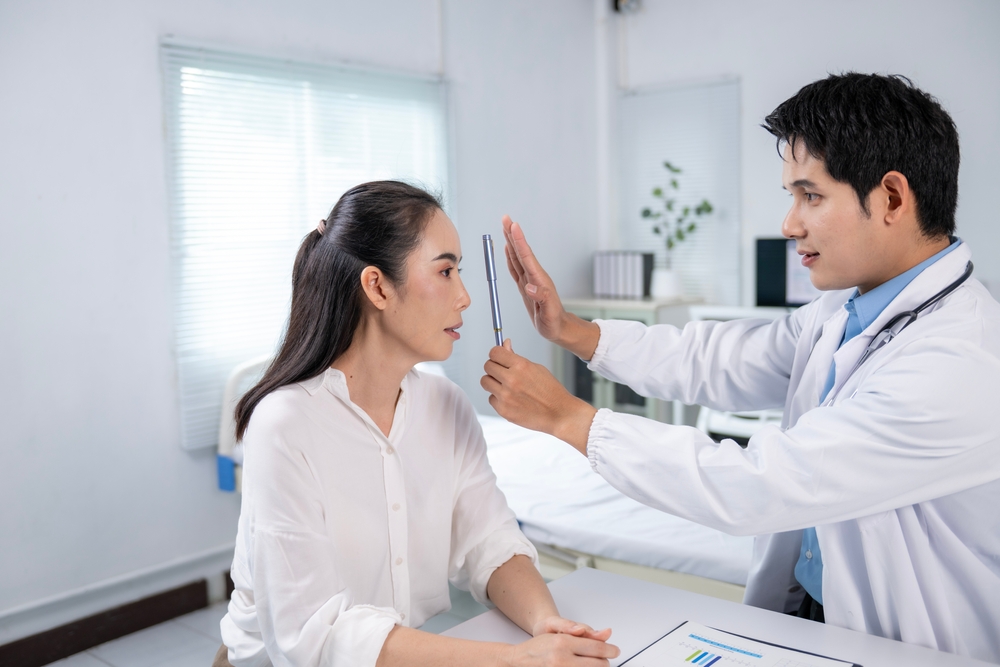
Your eyes are your window to the world, yet many people often delay scheduling an appointment with an optometrist until a problem becomes too noticeable to ignore. While some changes in vision are normal with age, other symptoms may point to conditions that need professional attention. Knowing when to seek care can protect your vision and overall eye health. Here are 10 signs it’s time to see an eye doctor.
1. Blurred or Distorted Vision
If straight lines appear wavy or you struggle to focus clearly, it could be more than just eye strain. Conditions like astigmatism, macular degeneration, or even cataracts may be at play.
2. Frequent Headaches
Headaches that occur regularly may be a sign of uncorrected vision issues, digital eye strain, or changes in your prescription.
3. Eye Pain or Discomfort
Persistent pain, pressure, or discomfort in or around the eyes should not be ignored. These could be symptoms of glaucoma, dry eye disease, or infections.
4. Sensitivity to Light
Increased sensitivity to light can indicate corneal issues, eye infections, or other underlying conditions that need professional care.
5. Difficulty Seeing at Night
Struggling to see while driving at night, noticing halos around lights, or experiencing glare may suggest cataracts or other vision problems.
6. Sudden Changes in Vision
A sudden loss of vision, flashes of light, or an increase in floaters requires immediate attention, as these can signal retinal detachment or other emergencies.
7. Double Vision
Seeing two images of a single object can indicate serious issues, from corneal problems to neurological concerns, and should be checked right away.
8. Red or Irritated Eyes
Redness, itching, or burning that doesn’t resolve may point to infections, allergies, or chronic conditions such as dry eye disease.
9. Trouble Reading or Seeing Up Close
If you’re holding books or your phone farther away to read, you may be experiencing presbyopia - a common condition that occurs with age and is easily corrected.
10. Family History of Eye Disease
Even without noticeable symptoms, a family history of glaucoma, macular degeneration, or diabetes increases your risk. Regular monitoring by an eye doctor is essential.
The Importance of Annual Comprehensive Eye Exams
While it’s important to pay attention to symptoms, not all eye conditions show obvious warning signs. Diseases such as glaucoma often develop without noticeable vision changes in the early stages. That’s why annual comprehensive eye exams are crucial - they allow your eye doctor to detect problems early, monitor ongoing changes, and protect your long-term vision.
Take the First Step Toward Healthier Eyes
Your vision is too important to take for granted. Many eye conditions can be treated effectively when caught early, but delaying care may put your long-term eye health at risk. By making comprehensive eye exams part of your annual routine, you give yourself the best chance to maintain clear, healthy vision at every stage of life.
Don’t wait until symptoms interfere with your daily activities, contact Eye Rx in Arlington to schedule your comprehensive eye exam and get the peace of mind that comes with expert care. Call (703) 553-1094 to book an appointment today.







